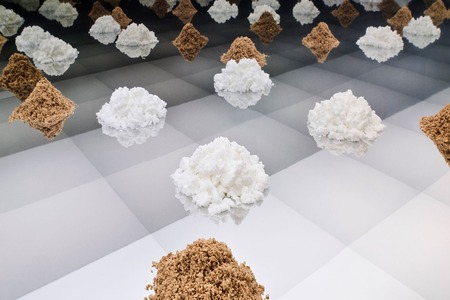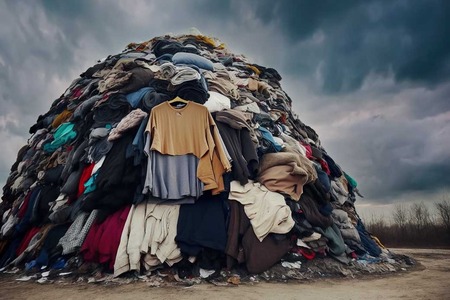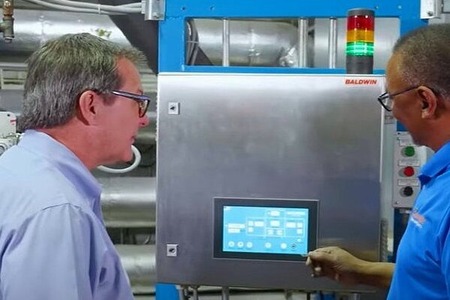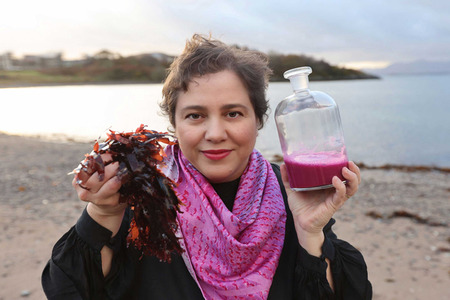Reda inks $45 mn supply contract with merino farmers
YarnsandFibers News Bureau 2016-06-06 14:00:00 – New ZealandMerino farmers have clinched a $45 million deal over five years to supply their fine wool to Italian wool mill Reda which is making an impression on the merino active wear marketplace. The deal with fine wool sourced from The New Zealand Merino Company (NZM) is believed to be the first five year contract for farmers who usually work under three-year terms. The extended contract is expected to relieve farmers of boom-or-bust commodity volatility.
NZM partnered with Reda in its Primary Growth Partnership with the Ministry for Primary Industries to develop valuable fine wool markets and products and more market opportunities were expected to come from science and farm production developments.
Successori Reda is a textile leader which has been in the industry for 150 years, concentrating on high-end suit fabrics and more lately active product ranges.
The contract provides for a total of 2500 tonnes of fine wool in the 15.8-19.2 micron range to be shipped to Italy.
NZM chief executive John Brakenridge said that the deal delivered a commercial gain for farmers and its five-year length was proof that direct partnerships offered benefits for both groups and was the way forward for New Zealand's primary sector.
He said that everyone lost during boom-or-bust global commodity markets and the Reda deal provided certainty for farmers through to the manufacturers who placed garments on the shop floor.
Furthermore, farmers signing the contract would receive the 95th percentile of what the price had been the past five years.
Only one in 10 years has the price been higher than the contract price [for wool averaging 17.5 microns]. The volumes are big at 2500 tonnes and they can accommodate all of this type if wool they can produce in New Zealand of the quality types. They are having a fantastic sign up from growers.
Brakenridge said that Reda had been innovative in its approach to the contract and there was a one-off provision for farmers receiving a better price if they increased their merino wool the following year. Companies had previously been reluctant to place multi-year contracts because of the volatile fine wool market.
An oversupply out of Australia has suppressed prices for the past few years, so securing a high-value contract of this length of time is a big deal for our growers. New Zealand produces a small amount of merino by global standards, so they have to keep working with brands such as Reda that are innovative in their approach. Those that are innovative are the ones which remain profitable.
Reda, based in Biella in the north of Italy is one of few companies globally that manage each stage of their production, from selecting wool to the final product for fashion and sports elite brands. Reda also owns several high country merino stations including in the Mackenzie Country.
The company exports to United States, European, Asian and Middle Eastern markets and is well known for its wool suit fabrics, it has diversified since the global financial crisis into active wear through its sports brand Rewoolution.
Reda's active fabrics are used in sportswear, as lining for ski boots and helmets, for boardshorts, and waterproof jackets and footwear. Merino wool is used to make Allbirds Wool Runners, a sneaker launched in March and co-developed by former All Whites footballer Tim Brown which TIME magazine has called "the world's most comfortable shoes".
Reda global procurement director Fabrizio Botto Poala said that the deal addressed supply issues for the company and would allow it to continue expanding its product range.
As the global textile market is fiercely competitive. They had to innovate to grow, so have taken to the traditions and technology that they did best and applied them in new ways.
The contracts would provide strong signals for farmers to continue producing quality fine wool and open up supplies that Reda needed to continue innovating in new fine wool products.
Contract terms sought quality wool with good evenness, colour and crimp among other criteria and which could be traced to farms with good animal welfare records. Fabrics produced from the contracted wool would go to Reda and other brands.
Market Intelligence
Ask for free sample Report

experience
Customer Base
dedicated team
Countries Served Worldwide









